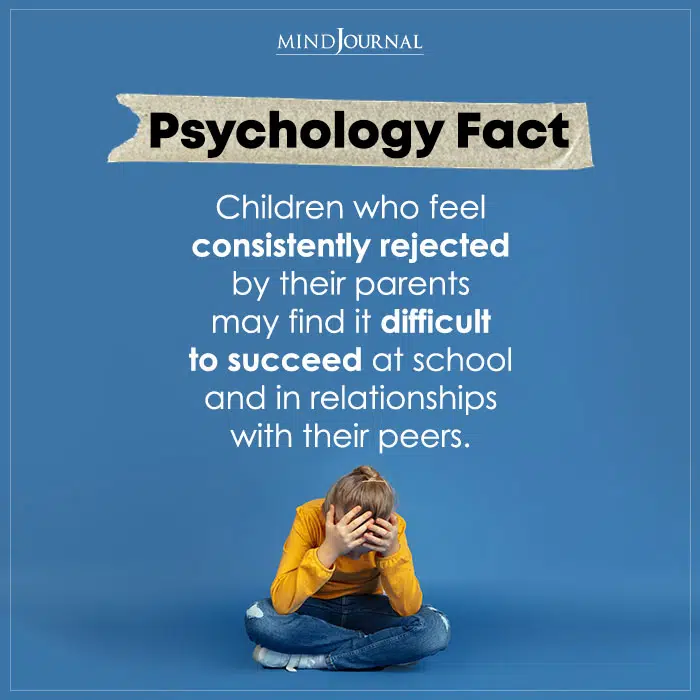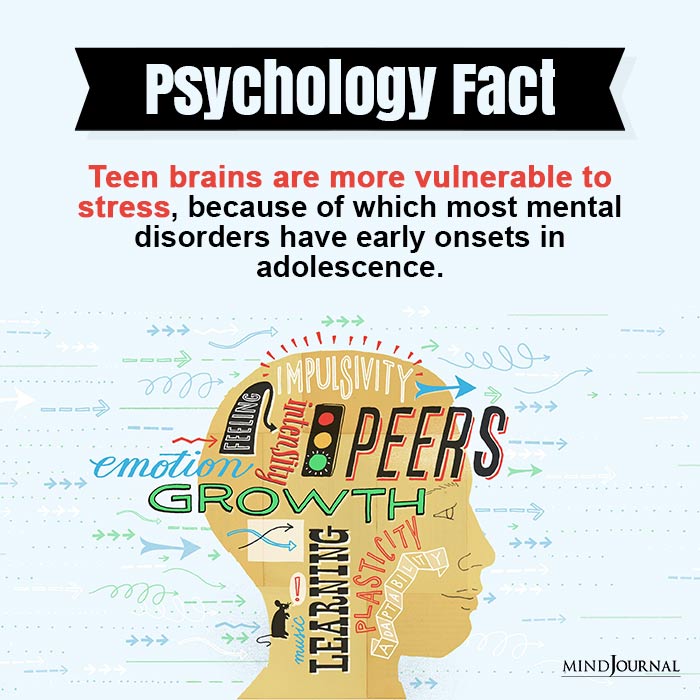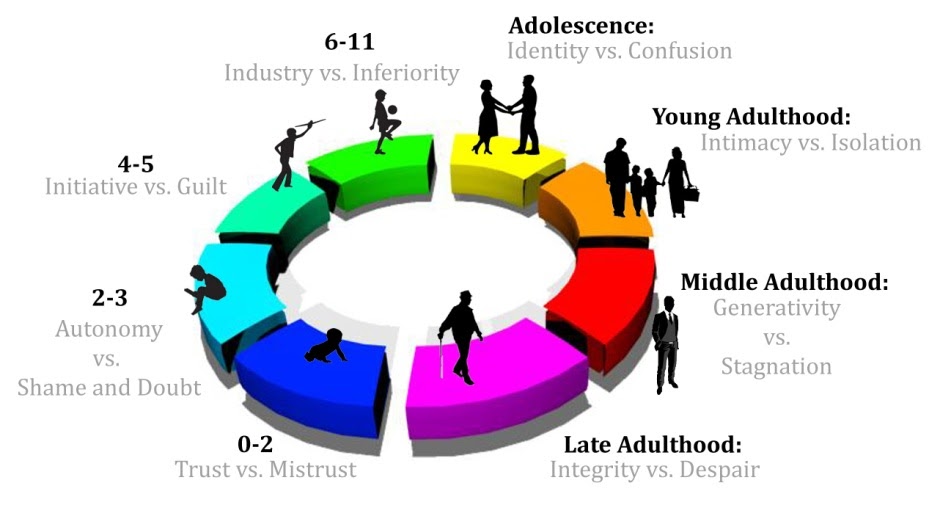Parenting. It’s a word that carries a world of significance, an art as old as humanity itself. But what is parenting, really?
It’s about fostering growth and development, preparing your child to navigate life’s challenging pathways. The importance of parenting cannot be overstated; it shapes the future of individuals and societies alike.
As we delve deeper, we will explore the various stages of parenting, from the sleepless nights of infancy to the teenage years and adulthood. We will help you answer the question, ‘What does it mean to be a parent?’ and how you can bring meaningful contributions to your kid’s life.
What Is Parenting?
Being a parent means taking care of your child so they can grow up well. It’s about understanding what your child needs and giving it to them, like love, food, and attention. As parents, we also teach our kids important stuff, like how to be nice to others and how to learn new things.

We make sure they have a safe place to live, enough food to eat, and a clean place to stay. And we protect them from anything that might hurt them, both physically and emotionally.
So, being a parent boils down to looking after your child, helping them learn, and keeping them safe. It’s all about being there for them every step of the way.
Read More: What Are Parenting Styles? Explore Different Types Of Parenting Styles And It’s Impact On Children
What Does It Mean To Be A Parent?
Being a parent is a profoundly transformative and rewarding role that involves nurturing, guiding, and supporting of a child throughout their journey of growth and development.
It means taking on the responsibility of caring for and protecting another life, providing love, guidance, and a safe environment for their physical, emotional, and social well-being.
Parenting is a complicated and tough responsibility and asking “What does it mean to be a parent?” is not wrong. It is rather a step in the right direction as you are concerned with your child’s development and want to provide them with the best possible opportunities.
Understanding the importance of parenting is the first step in realizing the needs of your child. You need to understand what is parenting and that it involves providing them with an environment where they can grow and develop.
Parenting involves meeting their basic needs, such as ensuring their health, safety, and nutrition. Moreover, being a parent involves fostering a loving and secure environment where a child can grow, explore, and thrive.
Related: How To Raise A Child? 5 Step Guide For Raising Happy Kids
According to studies, parents having a clear idea of what’s right and what’s wrong have a more positive impact on their child’s life. Think of it as the Four C’s: caring, being consistent, letting them make choices, and helping them learn from what happens.
But the big goal of parenting is to prepare your child for when they grow up. It’s like you’re not just raising a kid; you’re raising an adult. Every day, you make choices and show them how to be good people, responsible, motivated, and ready to do well as kids and when they become adults.

This includes imparting education, teaching moral and ethical values, promoting resilience, and guiding them through various life experiences and challenges. It is an important step in understanding what is parenting.
And remember, actions speak louder than words – showing them the way is more powerful than just telling them what to do.
Read More: What Are Step-families And 12 Tips For A Happy Step Family!
What Are The Most Important Parenting Skills?
I hope the above para has helped you understand what is parenting, now learn what are the important parenting skills that can contribute towards fostering a healthy and supportive environment for children.
When it comes to parenting, it’s no surprise that some skills make a bigger impact than others. While all parents aim for their children to be happy and healthy, our unique goals and circumstances can influence which parenting skills we prioritize.
In order to understand the importance of parenting skills researchers have conducted several studies on parents across the US. The following are the most essential skills according to the research:
1. Love and Sense of Affection
At the forefront is the power of love and affection. Expressing unwavering love, offering support and acceptance, and dedicating quality one-on-one time with your child lays the foundation for a strong parent-child bond.
2. Stress Management
One of the most important tasks of being a parent is to effectively handle your child’s stress. This involves teaching them how to handle their daily life pressures and anxieties. Share simple ways to deal with stress, like taking deep breaths or talking about their feelings, to help them feel better.

3. Relationship Skills
Children learn by imitating their parents and guardians. This an important aspect for undesrtanding what is parenting. Behave kindly and respectfully with the people in your life, teaching your child how to treat others well.
This teaches your child to be respectful towards others and accept their differences. Showing your child how to talk and listen to others, so they can make friends and connect with people is an important part of a child’s social development.
Read More: What Is Parallel Parenting: 10 Key Tips For Divorced Parents
4. Independence
As parents we understand your urge to shield your child from life’s stresses and provide a nurturing environment. But as a parent, it is your responsibility to teach your child how to be independent of you and learn how to function without your help.
Let your child make some choices and do things on their own, so they feel confident and capable. Research shows that children being able to make their own choices learn to be independent faster than others.
Support your child’s decisions and praise their efforts, making them believe in themselves and their abilities.
5. Learning and Education
This skill is important for you as a parent because it helps your kids get excited about learning new things. When you show them that education matters, it motivates them to do well in school and keeps them curious about the world.
Plus, when you’re enthusiastic about learning yourself, it rubs off on them, and they will want to explore and discover new things too. Giving them chances to learn and grow at home makes them more well-rounded and ready for whatever comes their way in the future.
6. Life Skills
This skill is a must for parents because it helps kids handle tricky situations in life. When you show them how to break down problems into smaller steps and find solutions, you’re giving them a valuable tool to tackle challenges with confidence.
Being optimistic about facing obstacles is important for parents because it teaches kids that it’s okay to make mistakes. Life isn’t always smooth sailing, but when kids know that setbacks can make them stronger, they’ll be more resilient and willing to keep trying.
Read More: 10 Proven Methods for Teaching Financial Literacy to Teens!
7. Positive Discipline
This is a super important skill for parents. It’s all about teaching your child the right way to behave without being harsh or mean.
When you use positive discipline, like praising them when they do well and calmly explaining the consequences for not-so-great choices. This helps your child feel loved and respected.
8. Health and Wellness
Encouraging your child to be active is an important skill as a parent. It helps them stay fit, strong, and full of energy. Teaching your child to eat well is crucial. When they enjoy fruits, veggies, and balanced meals, they stay healthy and energetic.
This allows for the healthy nutritional development of your child. Monitoring their nutrient intake and following their eating patterns, can help you improve the diet plan of your child. This also depends on the stages of parenting.
Read More: Eating Disorders in Children: 10 Warning Signs Every Parent Must Know!
9. Spiritual Guidance
For many parents, this skill holds deep meaning. It’s about helping your child explore their beliefs and values, whether through prayers, thoughtful talks, or exploring the world’s wonders.
It teaches them what’s important in life, guiding them to be kind and considerate individuals. Just like a compass helps you find your way, nurturing your child’s spiritual side guides them on a path of understanding and empathy.
10. Safety and Awareness
This is a crucial skill because it helps your child understand the rules and what’s safe. When they know the dos and don’ts, it’s like giving them a map to navigate life safely.
Staying in the loop about your child’s life is important. When you know what they’re up to, you can guide them to make smart choices and keep them safe and happy.
Remember that every child and family is unique, and what is parenting, what does it mean to be a parent what are the most important parenting skills may vary based on individual circumstances.
Developing and refining these skills takes time, patience, and ongoing learning. Seeking support from parenting resources, communities, or professional guidance can also be beneficial in enhancing your parenting skills.
Read More: What Are Family Relationships And Its Importance
Stages Of Parenting

You can divide stages of parenting into various stages, each characterized by unique challenges and developmental milestones. While the specifics may vary, here are some common stages of parenting:
The Discipline Years (0-5)
During these crucial early years, children learn about boundaries, rules, and consequences. It is essential for parents to provide consistent discipline, setting the foundation for their child’s understanding of authority and shaping their worldview.
Parents play a vital role in teaching children who are in control and establishing boundaries. By offering loving discipline, parents provide a nurturing environment while teaching important life lessons. This shows the importance of parenting.
Read More: What Is Child Development? Understanding the 5 Crucial Stages of Child Development
The Learning Years (5-12)
Children in this stage seek to understand the reasons behind rules and values. Parents should focus on teaching and training, encouraging open communication, and helping children apply faith and values to real-life situations.
Parents guide their children through teaching, answering questions, and helping them develop. It is a crucial time for imparting wisdom, instilling values, and nurturing their child’s personal growth.
The Coaching Years (12-18)
Adolescents require support and guidance as they navigate their independence and practical application of their faith and values. This stage is characterized by fostering connection, engaging in meaningful conversations, and allowing young adults to test their skills and decision-making abilities.
This season focuses on preparing them for adulthood, allowing them to make decisions and learn from their experiences with parents as a safety net.
The Friendship Years (adulthood)
As young adults, individuals seek independence and the freedom to make their own decisions. Parents should respect their autonomy while remaining available as a source of wisdom and advice when needed.
In this stage of parenting, parents transition to a supportive role, fostering a healthy adult-to-adult relationship. While maintaining boundaries, parents can enjoy a friendship with their grown children, providing support and guidance as requested.
Effective parenting provides children with a nurturing environment where they feel loved, supported, and valued. It promotes their physical, emotional, and cognitive development, helping them grow into well-rounded and resilient individuals.
Read More: How to Raise a Child with Autism: 5 Vital Tips and Examples!
A Word From Mind Family
Good parenting instills important values, teaches essential life skills, and guides children in making sound decisions. It cultivates strong parent-child relationships, fostering trust, communication, and emotional connection.
Ultimately, parenting influences the trajectory of a child’s life, contributing to their happiness, success, and positive contributions to the world.
The essence of parenting goes beyond mere preparation; it is the embodiment of unconditional love going through different stages of parenting. You should keep in mind that raising children comes with challenges and occasional hardships, maintaining a relationship founded on love creates an unbreakable bond.
Through love, parents provide nurturing care that enables their children to flourish. A warm embrace, a gentle kiss on the forehead, shared laughter, and the joy of togetherness encapsulates the true essence of parenting.
These heartfelt expressions embody the very essence of what it means to be a parent, emphasizing that parenting is ultimately centered around love and the profound connections it creates.
_________________________________________________________________________
Frequently Asked Questions (FAQs)
1. What is co-parenting?
Co-parenting refers to a parenting approach where both parents, typically after separation work together collaboratively to raise their child or children. It involves sharing responsibilities, decision-making, and actively participating in the upbringing of their child, despite no longer being in a romantic relationship.
2. What is gentle parenting?
Gentle parenting is an approach to raising children that focuses on empathy, respect, and understanding. It promotes a nurturing and non-punitive parenting style that aims to build a strong parent-child relationship based on trust and mutual cooperation.
3. What is single parenting?
Single parenting refers to a family structure in which one parent assumes the primary caregiving and parenting responsibilities for their child or children without the presence or active involvement of a co-parent or partner. Single parents may be individuals who are divorced, separated, widowed, or who have chosen to raise a child on their own.











